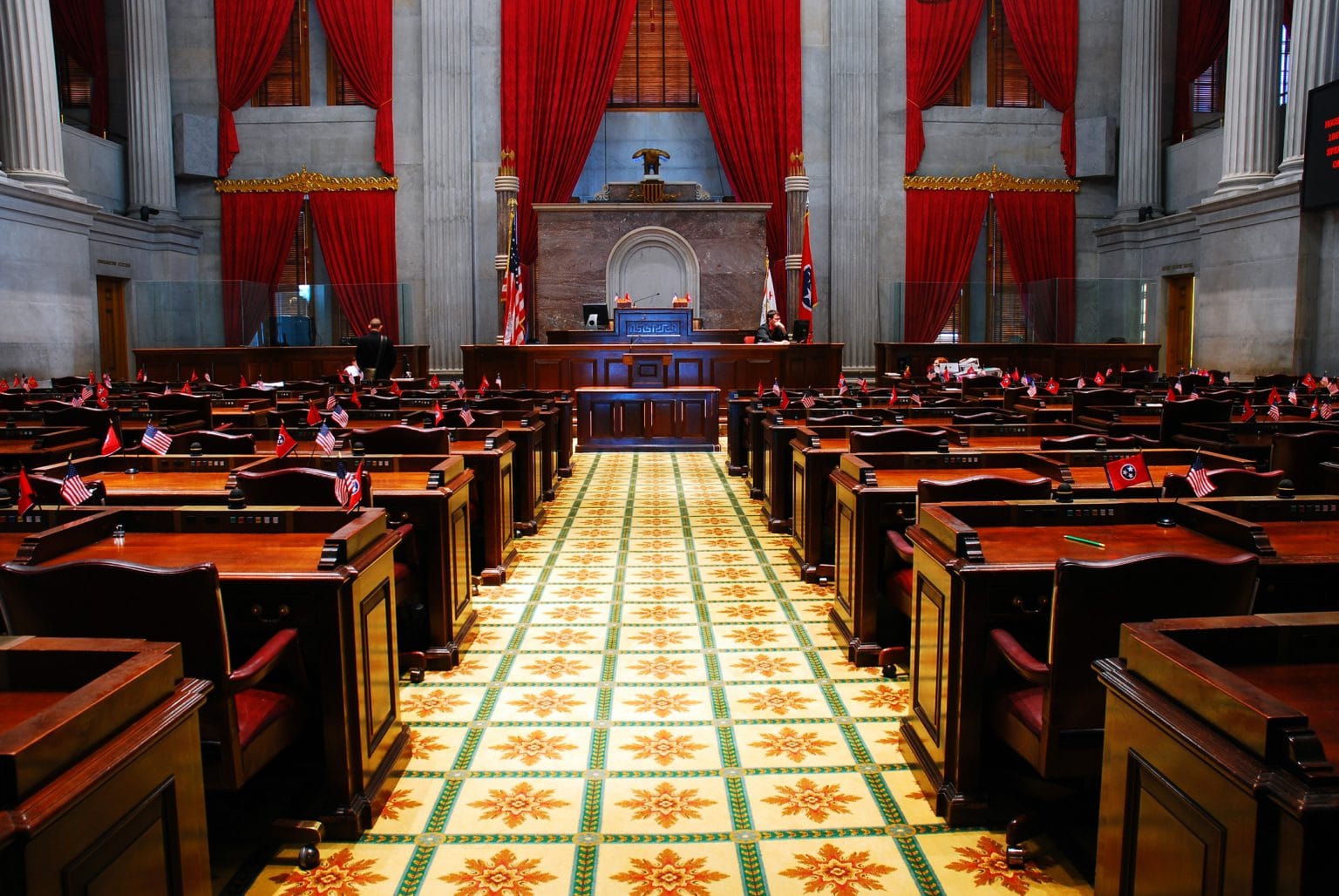Exclusion in the Name of Accountability: How HB 0811 Threatens Minority Access to Faith-Based Housing

A new bill (HB 0811) introduced by Rusty Grills in Tennessee seeks to change the rules for charitable organizations that provide housing. These organizations, including local churches and civic groups exempt from taxation, could face financial penalties if someone they house commits a crime and the organization’s actions are deemed careless or deliberately reckless.
The bill is based on the idea that organizations should be cautious when offering housing to people who are in the country without proper documentation. However, we are concerned that the law will lead local churches and other organizations to require proof of U.S. citizenship before offering any shelter. This precaution is likely to disproportionately affect minorities, particularly people of color, who are less likely to have the necessary documentation, regardless of their contributions to the community.
This requirement could result in a form of discrimination based solely on skin color, effectively marginalizing those who already face significant barriers. By forcing organizations to verify citizenship before extending help, the legislation risks turning institutions that have long been a safety net for the vulnerable into gatekeepers that exclude people based on appearance rather than behavior or need.
This development is seen as a threat to social justice and compassion. Charitable organizations have traditionally played a crucial role in supporting marginalized communities and providing a safety net during times of need. If these organizations begin to refuse services to anyone who cannot immediately prove U.S. citizenship, the impact on minority communities could be severe, leaving many without access to safe and stable housing.
In summary, while the bill is intended to promote accountability, it also risks undermining an essential support system that protects our most vulnerable citizens. Democratic values stress the importance of inclusivity and compassion, and we worry that this legislation could lead to discriminatory practices that target minorities, ultimately eroding the community solidarity that is vital for social progress.
